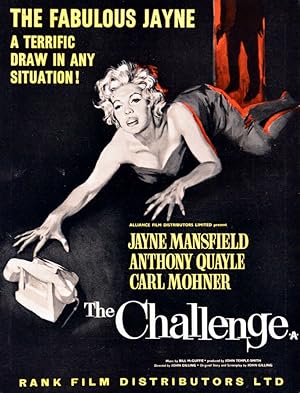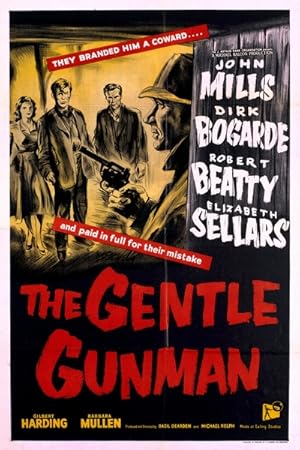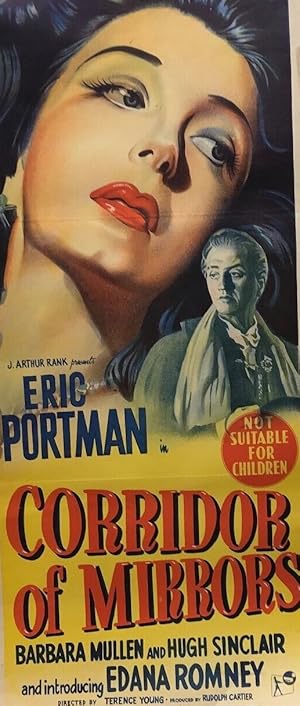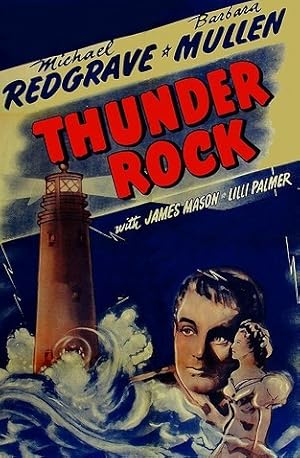Movies Starring Barbara Mullen
Welcome to our dedicated collection of films featuring Barbara Mullen. Here, you’ll find a diverse lineup of titles that showcase the actor’s range, talent, and unforgettable on-screen presence. Whether you’re a longtime admirer or discovering Barbara mullen’s performances for the first time, this selection offers something for every taste—encompassing both critically acclaimed roles and underrated gems waiting to be explored.
Dr. Finlay's Casebook (1962)
- Se:8 Ep:191
0
Dr Finlay's Casebook is a television series that was broadcast on the BBC from 1962 until 1971. Based on A. J. Cronin's novella ‘Country Doctor’, the storylines centred on a general medical practice in the fictional Scottish town of Tannochbrae during the late 1920s. Cronin was the primary writer for the show between 1962 and 1964.
The Challenge (1960)
0
Jailed for his role in a gang heist and ditched by its female leader (Jayne Mansfield), a widower (Anthony Quayle) decides to keep the loot.
Corridor of Mirrors (1948)
3
A man falls in love with a beautiful young woman and begins to suspect that he may have also loved her in a previous life.
Thunder Rock (1942)
0
David Charleston, once a world renowned journalist, now lives alone maintaining the Thunder Rock lighthouse in Lake Michigan. He doesn't cash his paychecks and has no contact other than the monthly inspector's visit. When alone, he imagines conversations with those who died when a 19th century packet ship with some 60 passengers sank. He imagines their lives, their problems, their fears and their hopes. In one of these conversations, he recalls his own efforts in the 1930s when he desperately tried to convince first his editors, and later the public, of the dangers of fascism and the inevitability of war. Few would listen. One of the




